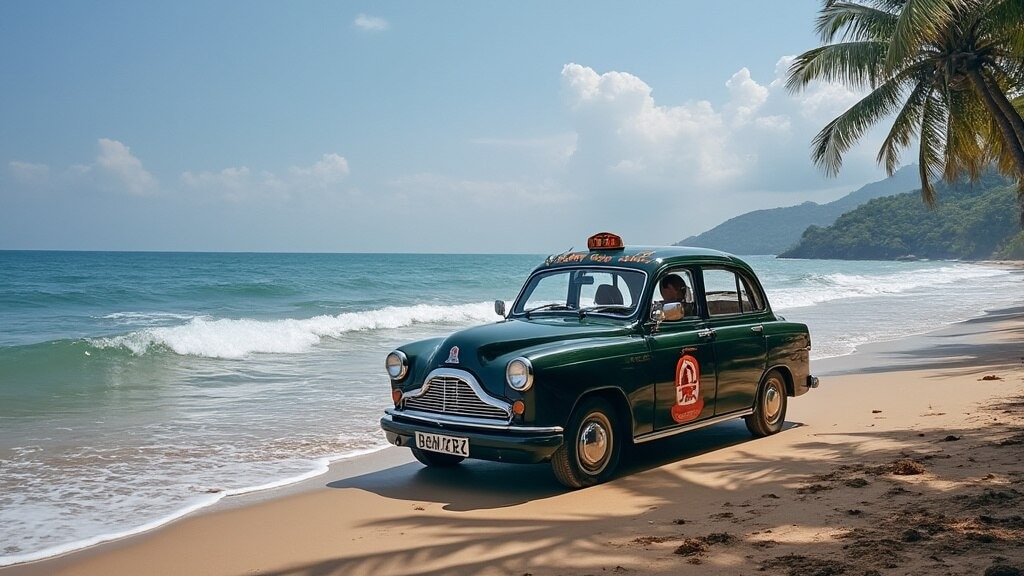Useful information
Prime News delivers timely, accurate news and insights on global events, politics, business, and technology
Useful information
Prime News delivers timely, accurate news and insights on global events, politics, business, and technology

Uber is not prohibited in Goa. It has simply been mathematically eliminated.
“Tourists keep asking: why not Uber on Goa? The answer is not political. They are simple mathematics.”
This is how Lokesh Ahuja, a business planner and former IIM student, opens a LinkedIn publication that is now moving a conversation far beyond corporate circles.
Its breakdown of Goa transport vacuum does not depend on government prohibitions or outdated laws. Rest in the local and hard economy and an amazing electoral calculation.
Start with the numbers. Goa has 24,000 taxi drivers. Most are the only bread supporters, which support the families of Cuatro.
That is approximately 100,000 people tied to the taxi economy. But these drivers are not just behind the steering wheel. “The drivers also act as commission agents: tourists to keep hotels, cruises, shops, huts,” says Ahuja. Their profits are extended throughout the tourism sector.
Factor that, and the number of livelihoods connected to these informal network balloons to 200,000.
Now apply political. About 75% of these people are probably eligible voters. That is 1.5 Lakh of votes, more than one in ten of Goa’s total electorate. “No politician is playing that,” says Ahuja. “Lose 1.5 Lakh of votes. Win zero.”
Why zero? Because Goa’s locals do not ask for Uber. With 882 vehicles per 1,000 people, four times the national average, residents drive. The only ones who yearn for transport services are tourists. And tourists, Ahuja point out dryly, don’t vote.
The involvement is clear: the introduction of Uber is not only economically disruptive, it is political suicide.
The calculation can eventually change. An aging of the population, the change to nuclear families and the growing appetite for convenience could develop the local demand of taxis again. Until then, the taxis wars remain “parked”, as Ahuja expresses, and Uber remains abroad.
“Goa does not need a political reform,” he concludes. “It needs mathematics to change.”